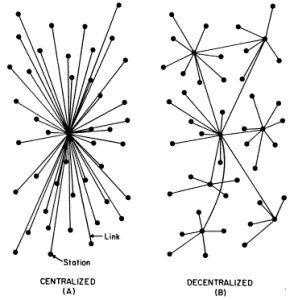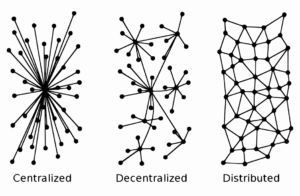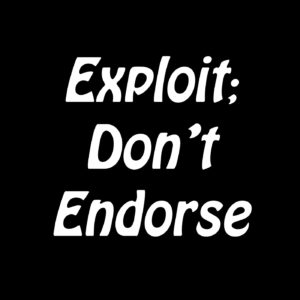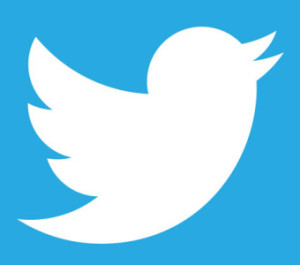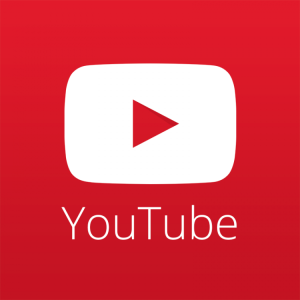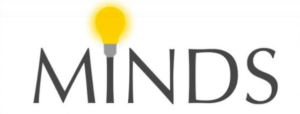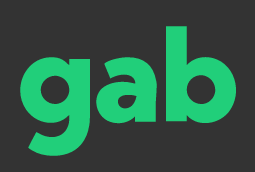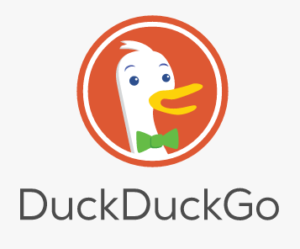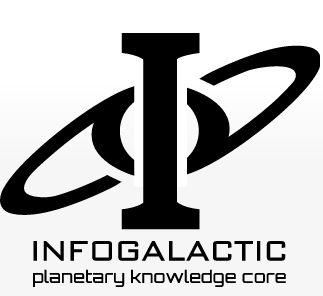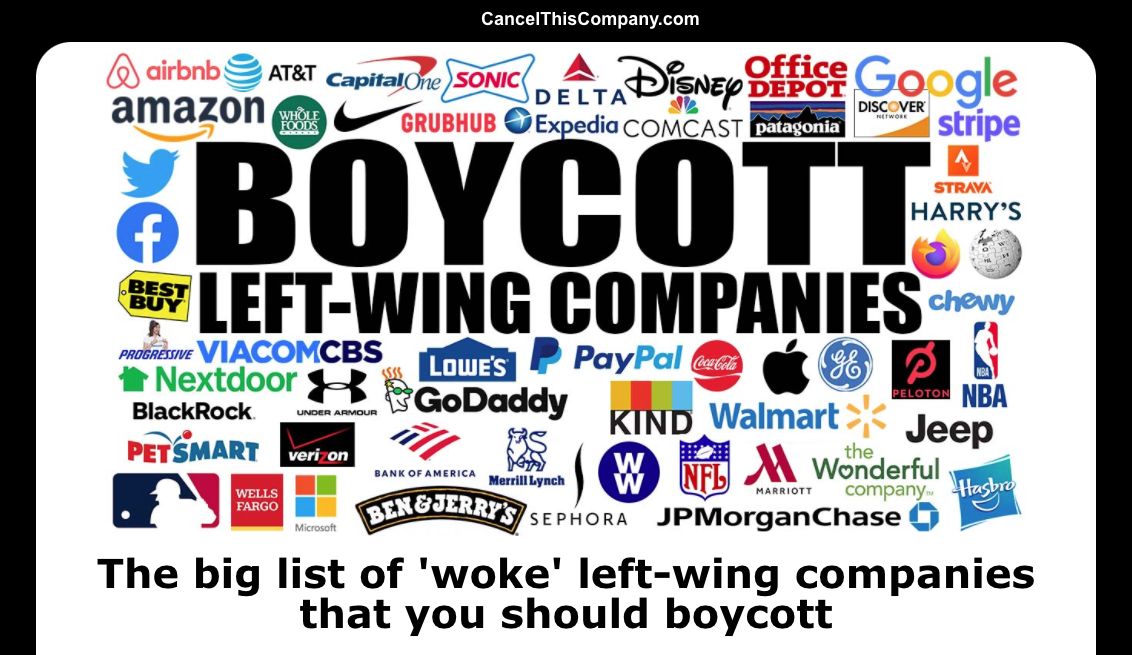There used to be three major television networks, with local affiliates.
Local and regional newspapers, along with their TV and Radio counterparts and the national news programs, dominated the flow of information on current events.
The schools, encyclopedias, and major book publishing companies controlled the flow of other information.
Entertainment media in the United States was largely confined to the Hollywood and New York systems by the twentieth century, and this was also exported worldwide.
With the advent of Home Video and Cable Television, the most powerful storytelling medium of all time – video – started to become decentralized. New markets opened up for production companies for shows that were not currently queued to play on the air or in theaters. The new cable channels opened markets for more more niche content. Some shows went straight to home video or would have video releases after their initial run on TV or in theaters came to a close.
Between roughly 1994 and 2004, the Internet developed into a hands-on, interactive medium that was social and allowed individuals and companies to create their own content and distribute it nearly instantly, and the infrastructure for online payments matured. Internet speeds improved to the point that first audio and then video could be quickly transmitted online. Both professional and consumer-level digital video cameras and editing programs became universally accessible. In February 2005, YouTube launched, making it easy for anyone to go online and share video content with the world.
This may have been the apex of media decentralization.
Decentralization of media is important because it allows for choice and expression among the people. It frees the culture and everything downstream from it from control by major mass media interests, which tend to be corrupt. Many of the smaller, competing, and decentralized media producers and channels will also tend to be corrupt, but some will not, and the choice and opportunity for the production and consumption of other media content is essential to our freedom and cultural well-being.
As we will see, forces have been recentralizing media.
Google purchased YouTube in 2006. YouTube would be integrated into the Google system. Google is the #1 most popular search engine, the portal through which most people seek information on the internet. YouTube would become the second within a few years. The influence of google on information flow is tremendous, and while this can empower YouTube Channels and Users to share their information rather effectively, Google’s grasp on internet communication also represents great potential danger. Its swift and unexpected changes in the algorithms it uses are clear demonstrations of how little changes it makes can have severe effects.
The niche and obscure online forums used to dominate discussion on the internet. Anyone could create or interact within any of various decentralized online bulletin board services. These were typically separate from each other or in clusters, but there were many unrelated channels by which information would flow online.
The trends in social media following the MySpace craze would tend to have the opposite effect: They would encourage users to volunteer information into a few different systems, with the most popular being FaceBook.
Whereas its predecessor MySpace appeared to have the spirit of allowing its users to create their own personal websites within a general framework but allowing for creativity and individualism (via CSS personalization and operating as more of a creative and social outlet – See how it developed out of the needs of the DIY music community), FaceBook seems to have been a calculated attempt to obtain personal information for various commercial, profit-oriented, and more sinister goals, while putting its users and the user experiences in a box, and concentrating information in a single format and location.
By 2009, rather than create their own online forum within an independent bulletin board system, users of the internet would tend to build their online communities within the confines of FaceBook’s controlled environment. This is not only “building on rented land”, which can be disasterous for the builder, but it represents the recentralization of online media and information within a gigantic online database.
FaceBook prioritizes information that is shared among its individual users, their “friend” networks (publishing an online list of your friends and social connections is an evil trend that warrants its own set of articles!), and “news feeds” to what it wants for the user experience. As one of the most popular online destinations on which it seems most people spend a significant part of their day or week, FaceBook has a very significant effect on how its users consume media and view reality both online and offline. Recent concerns about FaceBook’s bias against “conservative news stories” in the news items it promotes to all users is probably just the tip of the iceberg, and the implications of this power should be carefully considered.
The Internet should be a tool that ensures decentralization of media, and it is up to individuals and small businesses and online groups to ensure that it is used in this way. We must be vigilant and proactive to use this tool accordingly, or it will be lost to the organized mega-corporations with government ties that seek media control, such as FaceBook.




